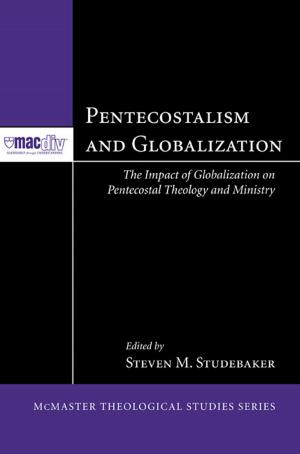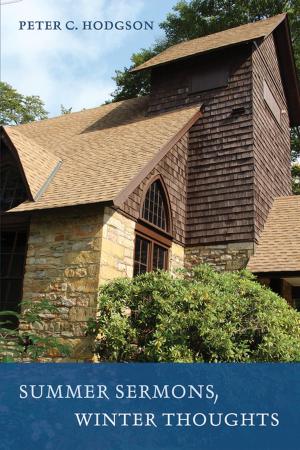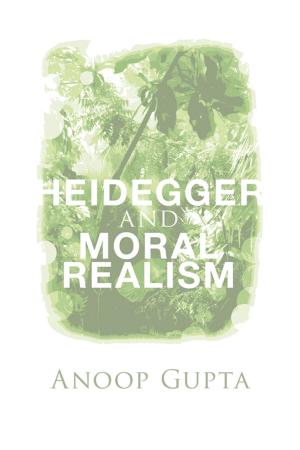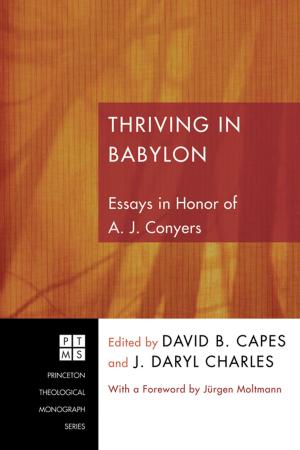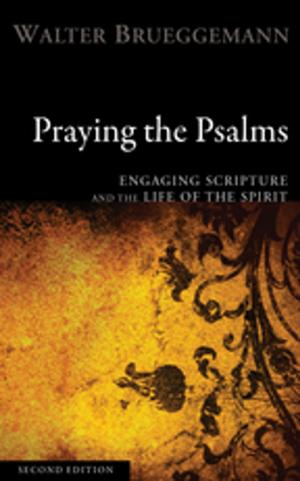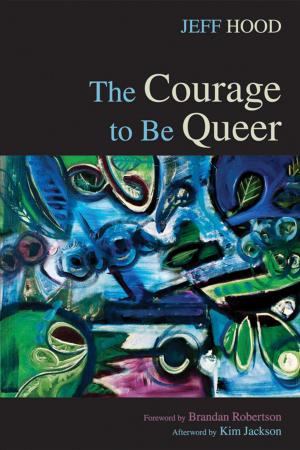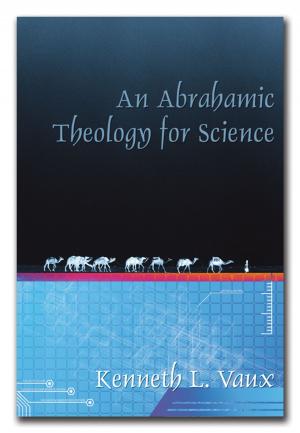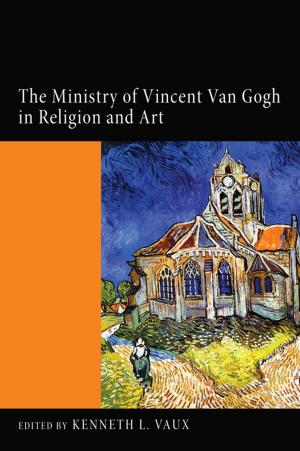Free to Leave, Free to Stay
Fruits of the Spirit and Church Choice
Nonfiction, Religion & Spirituality| Author: | Jana Marguerite Bennett, Melissa Musick Nussbaum | ISBN: | 9781630874278 |
| Publisher: | Wipf and Stock Publishers | Publication: | September 15, 2009 |
| Imprint: | Cascade Books | Language: | English |
| Author: | Jana Marguerite Bennett, Melissa Musick Nussbaum |
| ISBN: | 9781630874278 |
| Publisher: | Wipf and Stock Publishers |
| Publication: | September 15, 2009 |
| Imprint: | Cascade Books |
| Language: | English |
Our known world, the world of twenty-first century Americans, is shaped and defined by consumer choice. The premise of consumer choice is that somewhere the perfect fit between product and purchaser exists. In the books on changing traditions the consumerist tone prevails--fundamentalists looking for an even more literal interpretation of Scripture, Protestants going home to Rome, feminists heading to the womyncentric sacred grove, conservatives fleeing inclusive rites, Catholics embracing the independent seeker church. But the consumerist impulse masks the kind of prayer and discernment necessary for living in Christian community and for following God. Twenty-first century Christians do make choices, but the hope is that they do so because they follow God. How then is one to answer the question of whether to stay or leave? Through meditating on the fruits of the Spirit that Paul addressed to the church at Galatia, a community that had several of its members wondering whether to stay or leave, Bennett and Nussbaum offer sage reflections about what it means to be led into and out of Christian communions.
Our known world, the world of twenty-first century Americans, is shaped and defined by consumer choice. The premise of consumer choice is that somewhere the perfect fit between product and purchaser exists. In the books on changing traditions the consumerist tone prevails--fundamentalists looking for an even more literal interpretation of Scripture, Protestants going home to Rome, feminists heading to the womyncentric sacred grove, conservatives fleeing inclusive rites, Catholics embracing the independent seeker church. But the consumerist impulse masks the kind of prayer and discernment necessary for living in Christian community and for following God. Twenty-first century Christians do make choices, but the hope is that they do so because they follow God. How then is one to answer the question of whether to stay or leave? Through meditating on the fruits of the Spirit that Paul addressed to the church at Galatia, a community that had several of its members wondering whether to stay or leave, Bennett and Nussbaum offer sage reflections about what it means to be led into and out of Christian communions.

